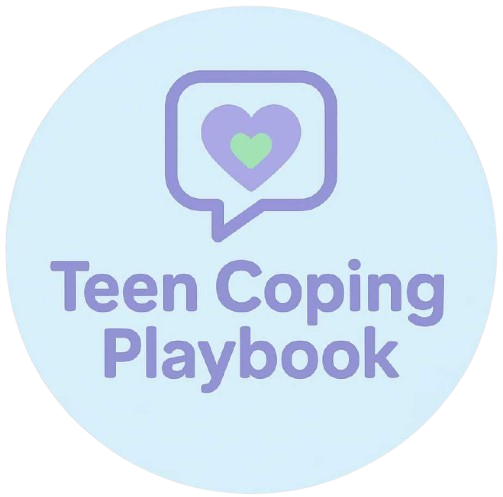
Recognize the Signs of Mental Fatigue and Learn 3 Ways to Ground Yourself
Feeling tired all the time—even when you’ve had enough sleep? Snapping at people for no reason? Struggling to concentrate or feeling like you’re always “on edge”? These might be more than just a bad day. They could be signs of emotional overwhelm.
Let’s break down what that really means—and how you can gently bring yourself back to balance.
Emotional overwhelm happens when your brain and body are flooded with too many feelings at once. It can come from stress, anxiety, trauma, burnout—or simply not taking enough time to recharge.
Think of your emotions like tabs on a browser. A few open? No problem. But when there are 27 tabs playing audio at once, everything slows down (or crashes). That’s what emotional overload can feel like.


Common Signs of Mental Fatigue & Overwhelm
If you’re emotionally overwhelmed, you might notice:
Tightness in your chest or shoulders
3 Simple Ways to Ground Yourself Right Now
Grounding helps bring you back to the present moment. It calms your nervous system and gives your brain a chance to reset.
Here are three powerful ways to ground yourself:
1. 5-4-3-2-1 Senses Exercise
This classic technique pulls you out of your racing thoughts and into your surroundings.
Name:
5 things you can see
4 things you can touch
3 things you can hear
2 things you can smell
1 thing you can taste
Even just 60 seconds of this can shift your mindset.
2. Box Breathing
Used by athletes and Navy SEALs, this breathing pattern calms the fight-or-flight response.
Breathe in for 4 seconds → Hold for 4 → Breathe out for 4 → Hold for 4.
Repeat this cycle 3–4 times, focusing on each breath.
3. Grounding Object or Phrase
Keep a small object (like a smooth stone, bracelet, or coin) or repeat a grounding phrase like:
“I am safe. This moment will pass.”
These little tools remind your nervous system that you’re not in danger—even if your brain is acting like you are.

Welcome to the Teen Copying Playbook—a comprehensive guide designed to help teenagers understand and manage their mental health.
Copyright © Teencopyingplaybook 2025. All rights reserved.